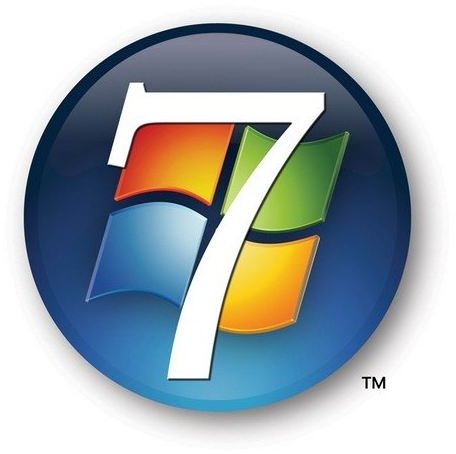Windows 7 - 32-bit or 64-bit recommended?
Coming of Age
In recent years, we’ve seen more and more 64-bit computers become mainstream. 64-bit computers have a lot to offer that 32-bit machines don’t. For example, PC users looking to expand on their available memory are limited on a 32-bit machine. Windows Vista, and even Windows 7 will not support more than 3GB of memory, although Windows 7 may recognize that there’s more in there. For 64-bit users, you can greatly expand the available memory. In fact, the maximum supported RAM is actually 192GB in the high-end server versions.
Compatibility
If your computer processor was designed to carry one type of operating system, then your upgrades and drivers must be associated solely with that version of the operating system. For example, if you use a 32-bit processor, you can only use a 32-bit operating system, 32-bit drivers, etc.
Some of the concerns are whether or not programs designed to run on 32-bit machines will work on 64-bit machines. Fortunately, 64-bit Windows is capable of running 32-bit applications, operating systems, along with driver support. If unsure whether or not 32-bit hardware or software will run on a 64-bit operating system, the best way to find out is during installation if you already happen to have that piece of hardware or program. If there are any error messages that you receive, 64-bit Windows won’t be able to run it. Alternatively, you should only really search for 32-bit applications if 64-bit ones are unavailable.
One thing to keep in mind is while there are 64-bit versions of web browsers available, some plug-ins are not available. So if you like going on YouTube, or other websites that require Flash, it won’t run. Attempting to install Flash on a 64-bit web browser, like Internet Explorer, will turn up with an error message. While it’s a slight annoyance, it won’t heavily effect your internet experience, as 32-bit browsers such as Internet Explorer, Safari, Firefox, Chrome and Opera all function under 64-bit Windows 7.
Windows 7
Microsoft has noted that in every copy of Windows 7, they will include a 32-bit version and 64-bit version of the operating system. It also is useful for current 32-bit users who may be interested in upgrading to a 64-bit machine in the future without having to buy an additional copy of Windows 7.
Is It For You?
For users who only use their computers for standard day-to-day activities, such as checking e-mail, communicating on instant messaging programs, using word processors and browsing the Internet, then chances are you won’t need anything more elaborate than a 32-bit machine. But for users who could really need extra memory, such as gamers, users with home studios (music-production, image-processing, etc) or even for users who have a considerably large amount of programs running at a time and want to easily switch back and forth without any staggering, then 64-bit computing is a strong candidate for upgrading.
